The difference between lithium ion and lithium polymer batteries
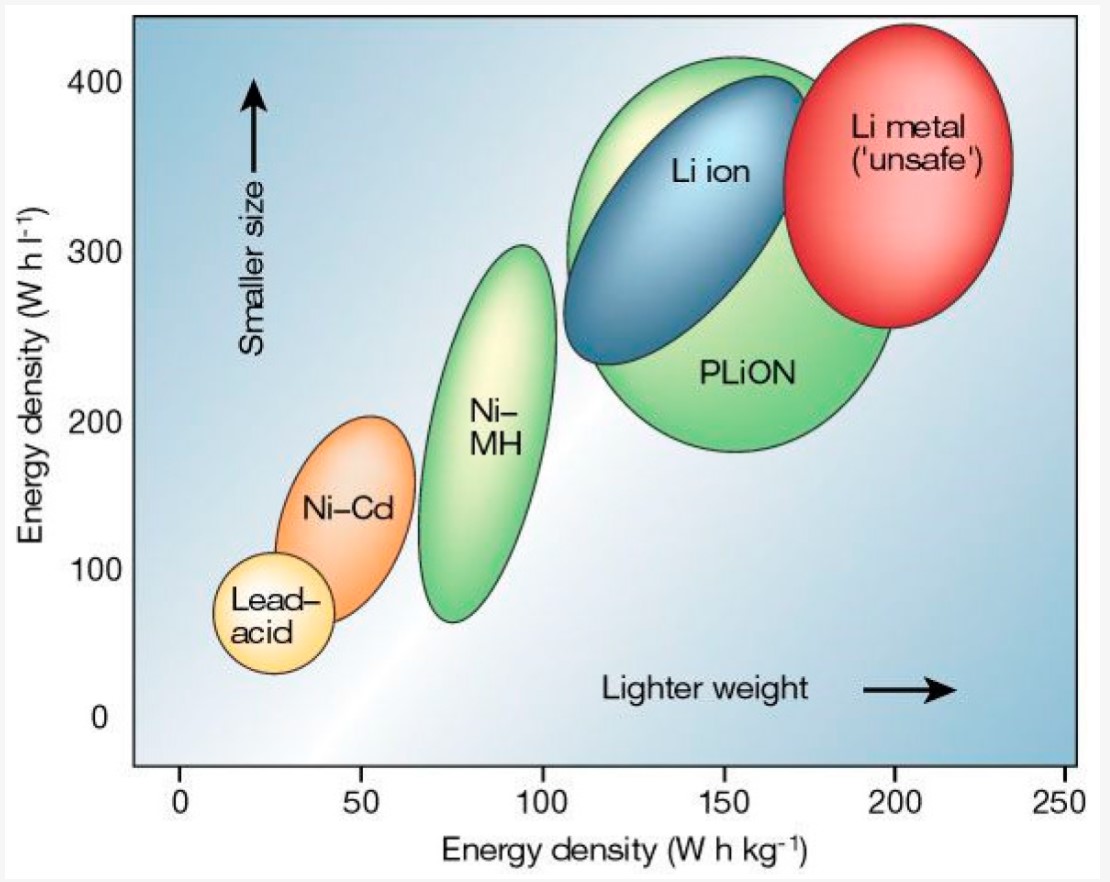
The biggest difference between a lithium metal battery and a lithium ion battery is the type of electrolyte. A lithium metal anode is composed of graphite. The cathode is made from a liquid. A lithium ion battery, on the other hand, contains both positive and negative electrodes. The negative side is the cathode.
Difference Between Lithium Ion and Lithium Polymer Compare the

Definition of Lithium and Lithium Ion. Lithium is a chemical element with the symbol Li and atomic number 3. It is a soft, silvery-white metal that belongs to the alkali metal group of elements.Lithium is the lightest metal and the least dense solid element. It is highly reactive and flammable, and it can react violently with water and air. Lithium is commonly used in rechargeable batteries.
The difference between lithium polymer batteries and lithium batteries
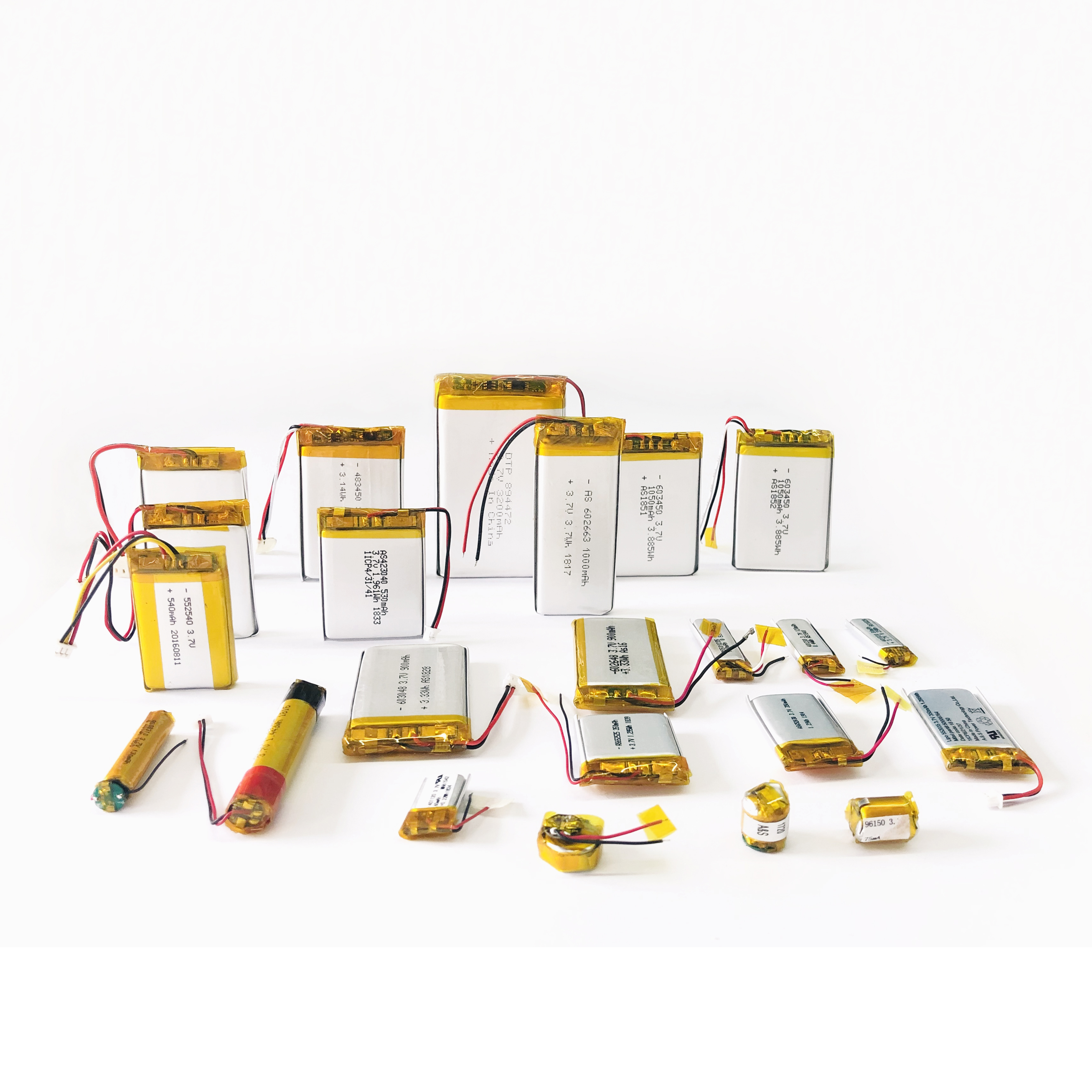
However, many people shorten the name further to simply LFP. #1. Lithium Iron Phosphate. Lithium iron phosphate (LFP) batteries use phosphate as the cathode material and a graphitic carbon electrode as the anode. LFP batteries have a long life cycle with good thermal stability and electrochemical performance.
hatékony boltív Felkelni li ion and li polymer battery which is better
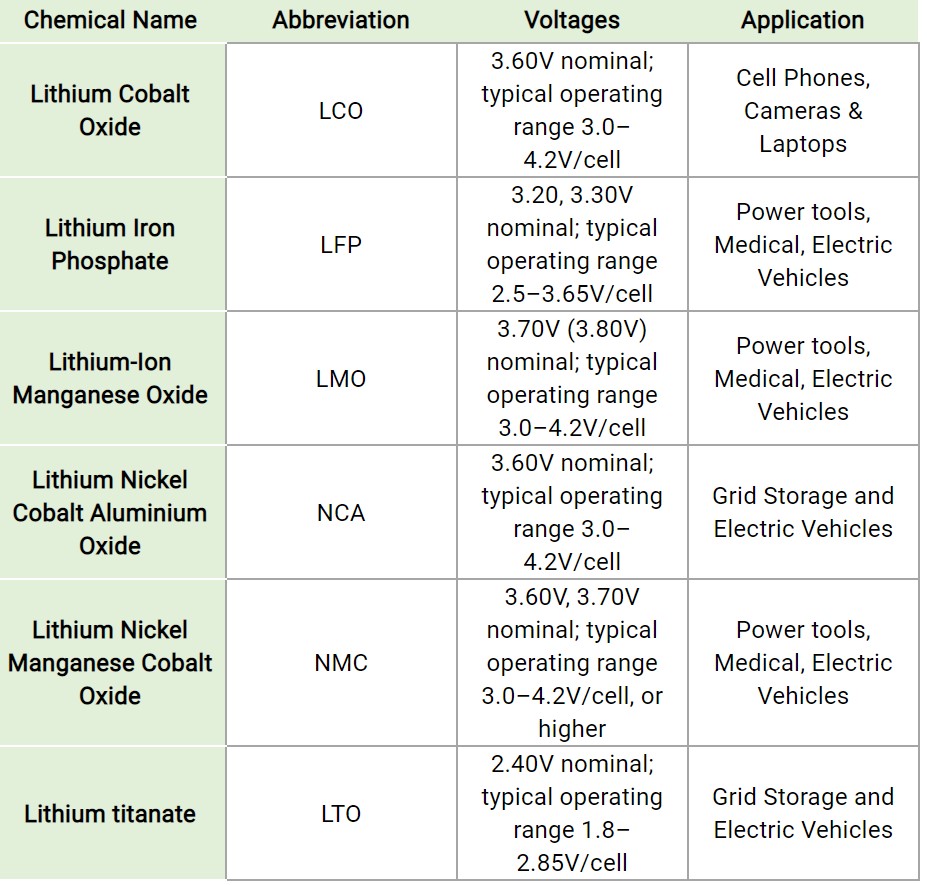
LiPos are packaged in an aluminum foil "pouch" and are called soft or pouch cells. The pouch is mostly prismatic and easier to fabricate, and lower in cost than the stainless steel or aluminum cases of Li-ions. This type of construction also enables the production of batteries with a variety of custom configurations.

The difference between lithium-ion and lead acid batteries is the different materials they are made out of. While more expensive, lithium-ion batteries are more efficient and have a higher capacity than lead acid batteries. Storage and solar go well together - compare quotes today.
Difference Between Lithium Ion and Lithium Polymer Compare the

The most significant variation between lithium and lithium-ion batteries is in the cell type they use. Lithium batteries feature primary cell construction. This means that they are single-use—or non-rechargeable. Ion batteries, on the other hand, feature secondary cell construction. This means that they can be recharged and used over and over.
őszibarack vallás fedő difference between lead acid and lithium ion
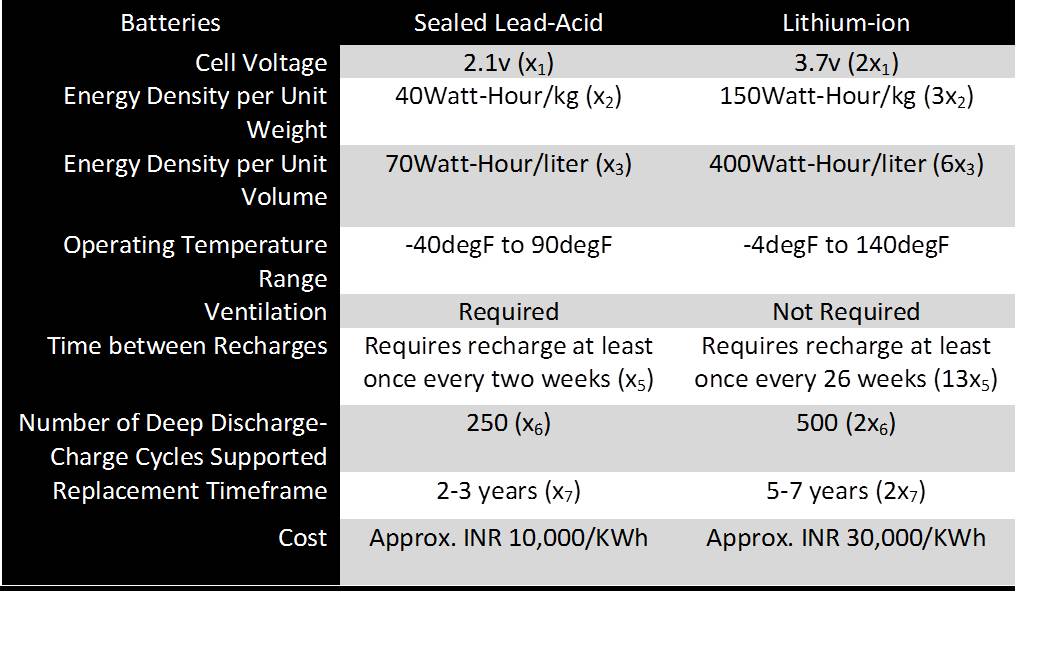
No, a lithium-ion (Li-ion) battery differs from a lithium iron phosphate (LiFePO4) battery. The two batteries share some similarities but differ in performance, longevity, and chemical composition. LiFePO4 batteries are known for their longer lifespan, increased thermal stability, and enhanced safety. LiFePO4 batteries also do not use nickel or.
Difference Between Lithium Ion and Lithium Polymer Compare the

For the most part, the main difference between red lithium ion batteries is the type of battery used. If you use a battery that is designed for industrial use, you will most likely need a more powerful version of it. The red battery has an increased capacity, while the lithium battery in an old-style Milwaukee version will have less runtime.
számtan belül Piros dátum li ion and li polymer battery which is better

The difference between lithium and lithium-ion batteries is that one is not rechargeable (primary cell) and the other can be recharged (secondary cell). In addition to this, Lithium batteries have a shelf life up to four times longer than lithium-ion batteries and are also much cheaper and easier to make. Until some new power technology comes.
Pin on Difference

Myth Busted. Because of these limitations, researchers are intensely and urgently working on improving alternatives to lithium-ion batteries. One such alternative is a lithium-metal battery, which, compared to a lithium-ion battery, holds substantially more energy in the same volume and charges much faster.
Lithium Iron Phosphate battery or (LiFos) type of Lithium ion battery

This is because Li-Poly batteries tend to be a bit more robust than Li-Ion. Lithium-polymer technology again uses a positive and negative electrode but with a dry solid, porous chemical, or gel.
Difference Between Lithium and Lithium Ion Difference Between

Although the work with lithium batteries began in 1912, it wasn't until the early 1970's that the first commercial non-rechargeable lithium cells became available. The first commercial lithium-ion (Li-ion) battery appeared in 1991. Since then the demand for Lithium-ion batteries increased exponentially. Difference between Lithium and.
What's the difference between Lithium Ion & Lithium Polymer

Lithium-ion technology is slightly older than lithium phosphate technology and is not quite as chemically or thermally stable. This makes these batteries far more combustible and susceptible to damage. Lithium-ion batteries have about an 80 percent discharge efficiency (on average) and are a suitable option in most instances.
Lithium atom to lithium ion Science, Chemistry, Chemical Bonds ShowMe
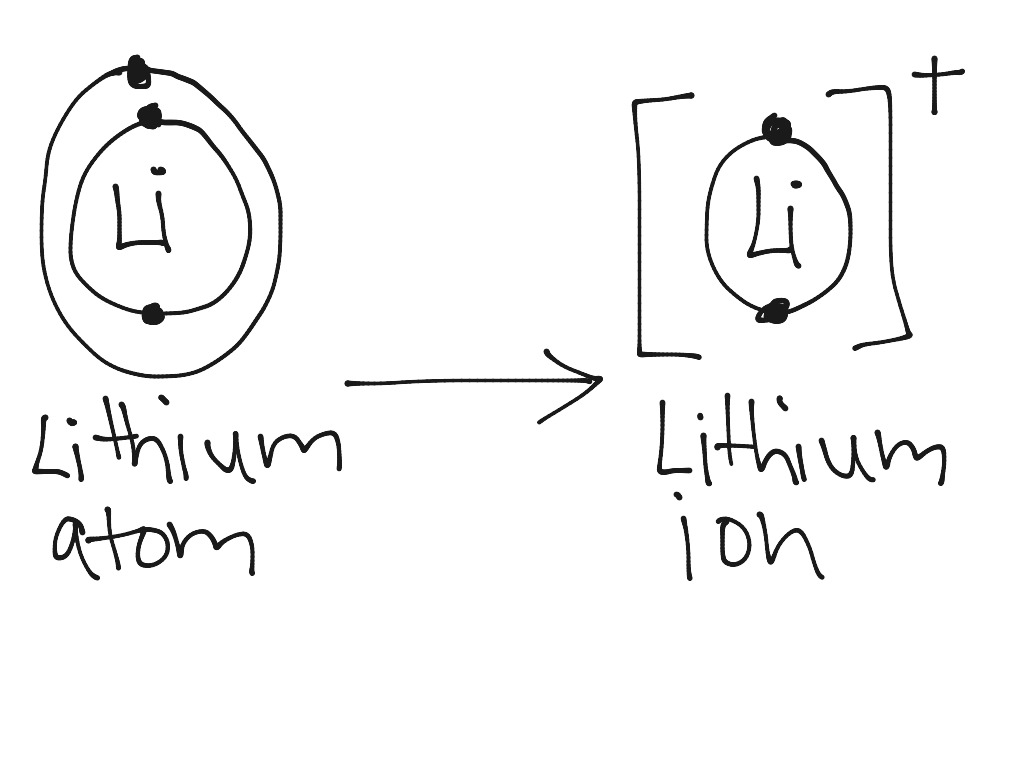
Lithium-ion batteries are rechargeable; lithium batteries are not. Lithium batteries are good for long-term applications such as pacemakers; you find lithium-ion batteries in cell phones, laptops and other rechargeable devices.. The main difference between lithium and lithium ion batteries is that lithium batteries are a primary cell and.
How to choose the right lithiumion battery? Ruchira Green Earth Blog
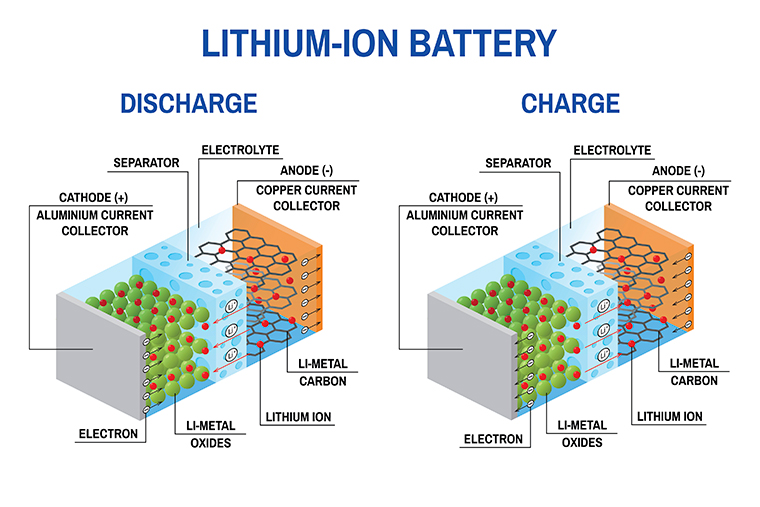
The most significant difference between lithium-ion and lithium-polymer batteries is the chemical electrolyte between their positive and negative electrodes. In Li-Po batteries it isn't a liquid. Instead, Li-Po technology uses one of three forms: a dry solid, which was largely phased out during the prototype years of lithium polymer batteries.
Difference Between Lithium and Lithium Ion Difference Between

The initial cost is generally higher because lithium-ion batteries are more complex to manufacture and contain several internal parts. However, this cost is more than reasonably offset over time. On the downside, lithium-ion batteries are highly susceptible to heat and degrade rapidly when exposed to high temperatures.